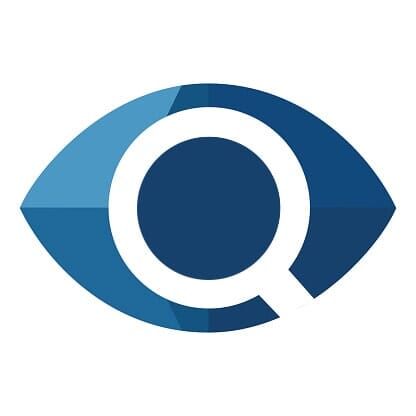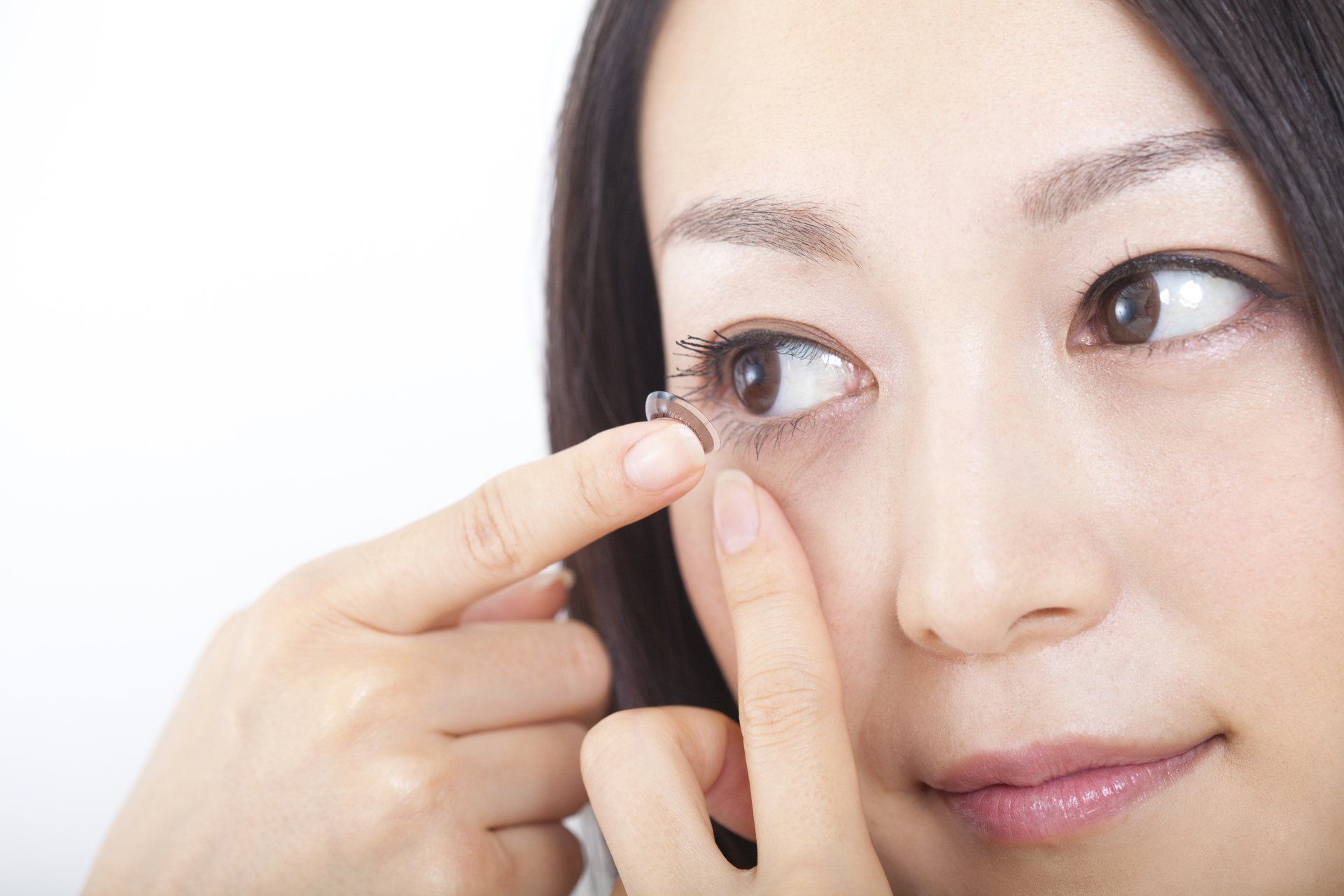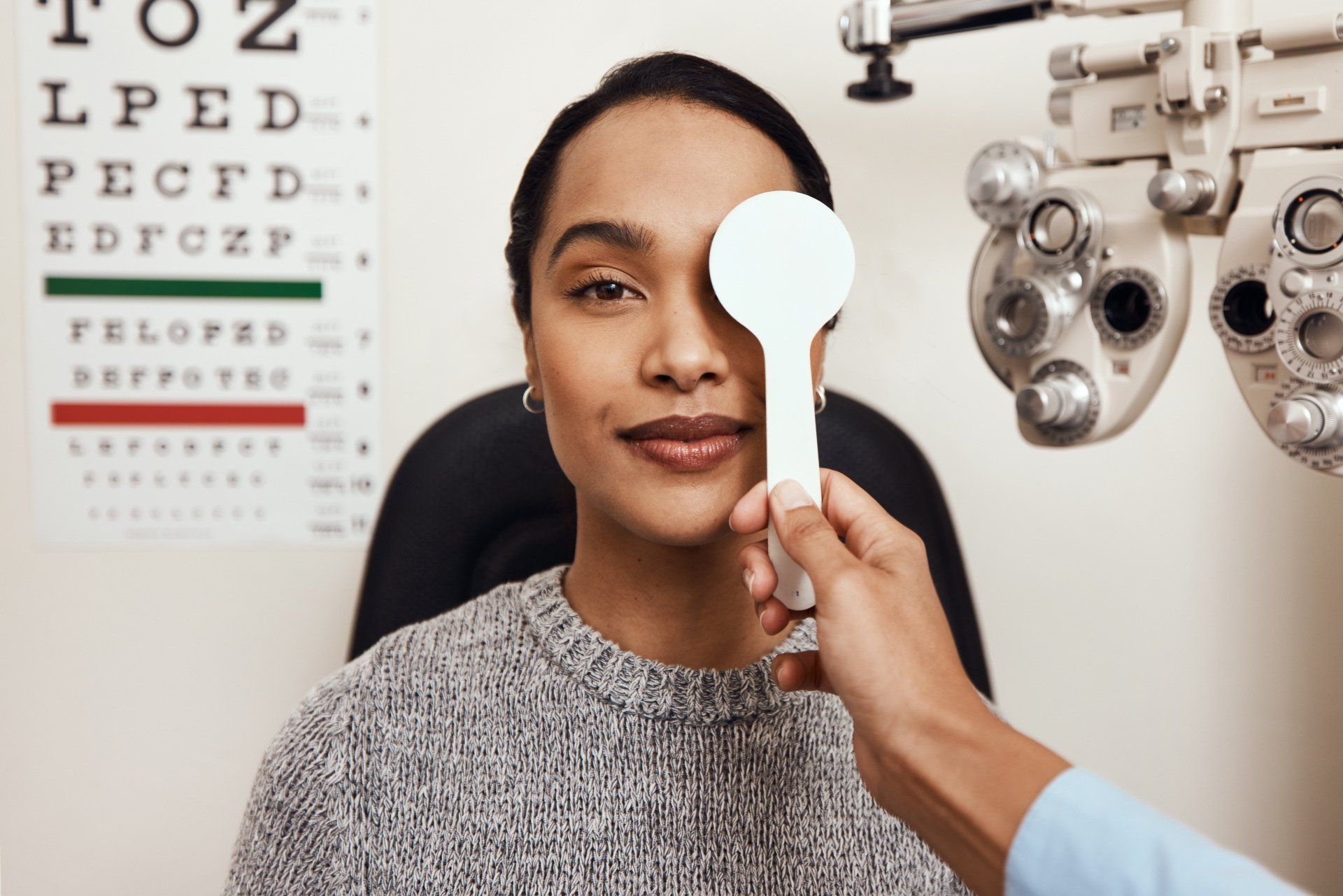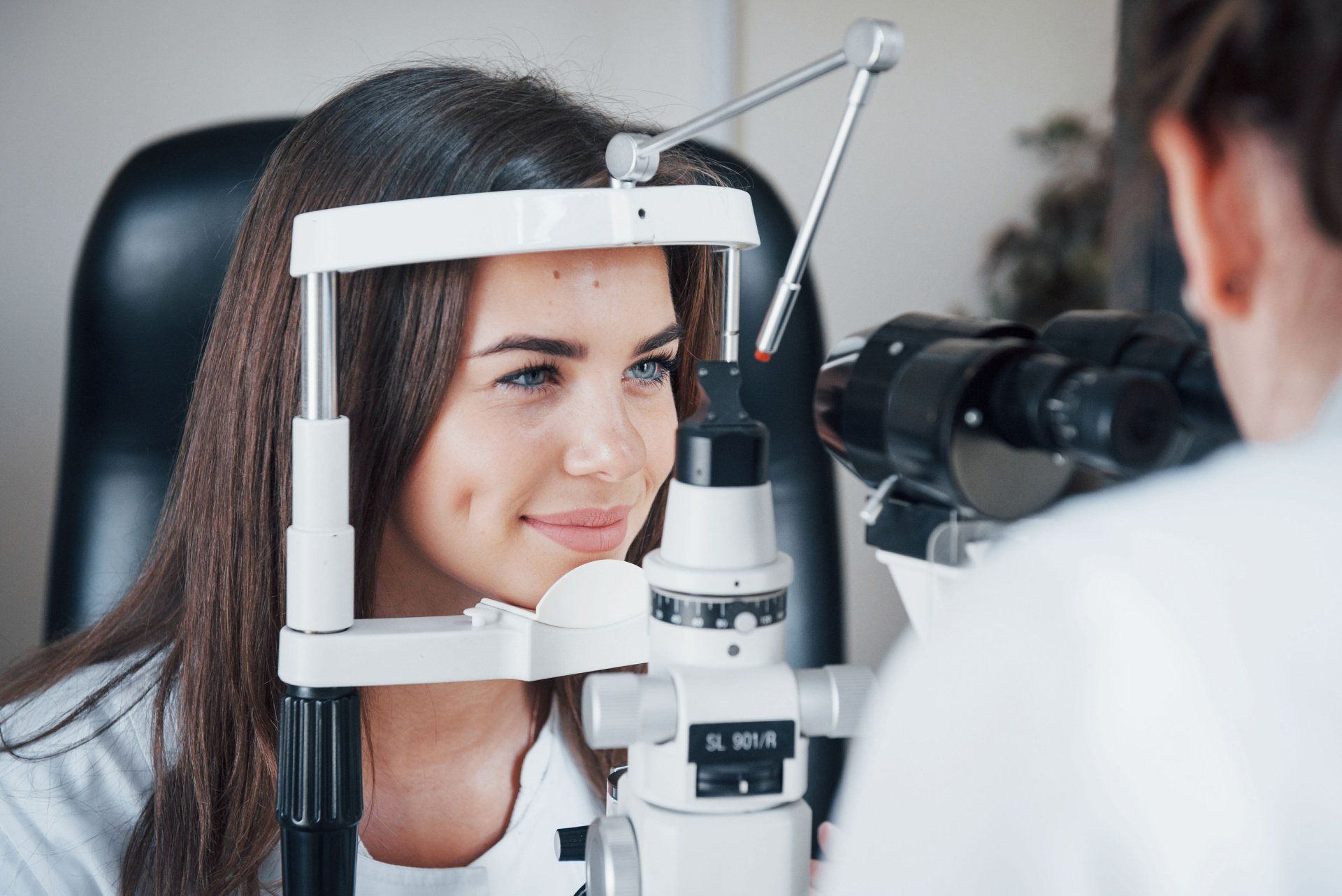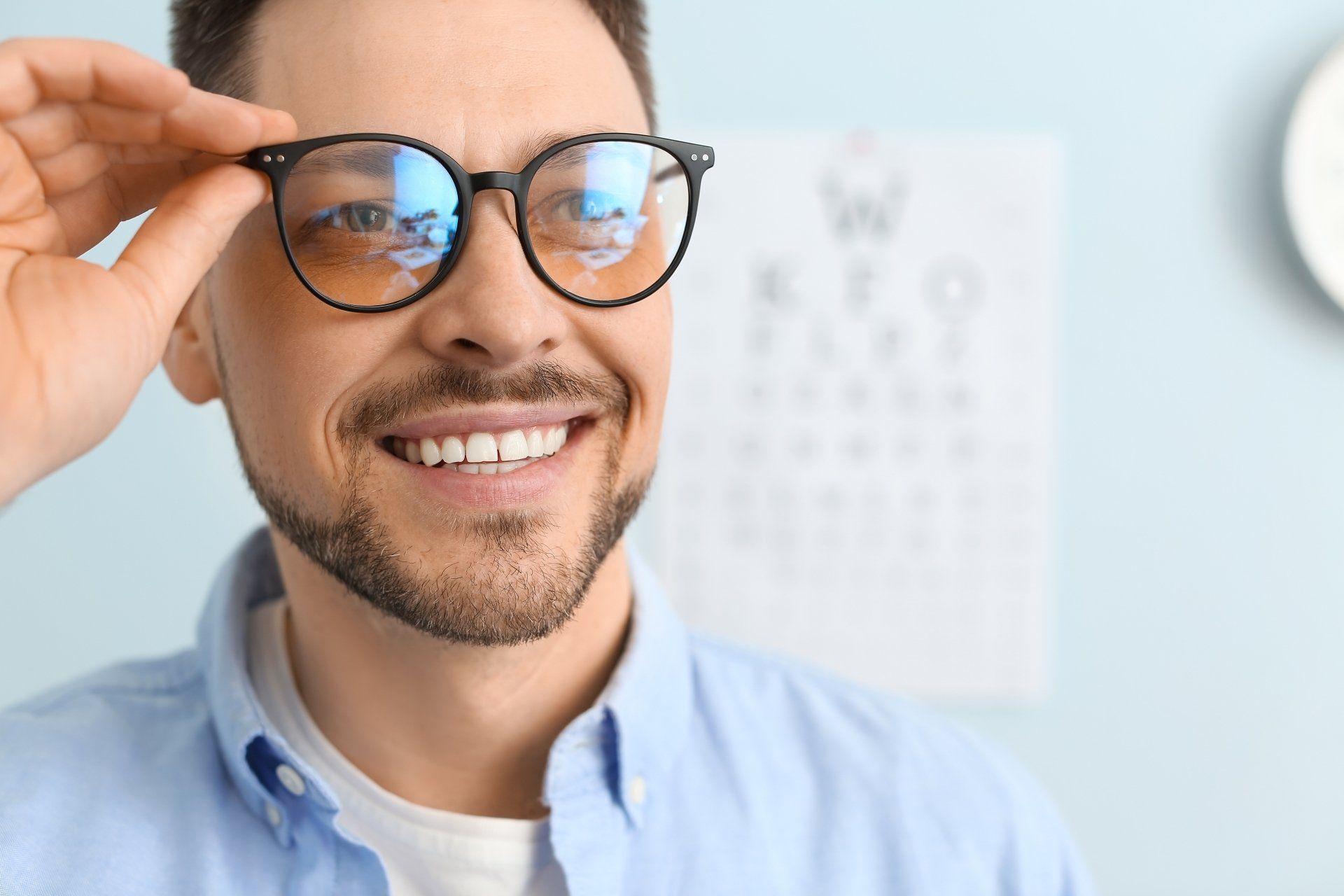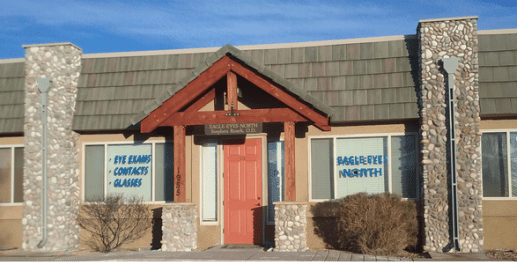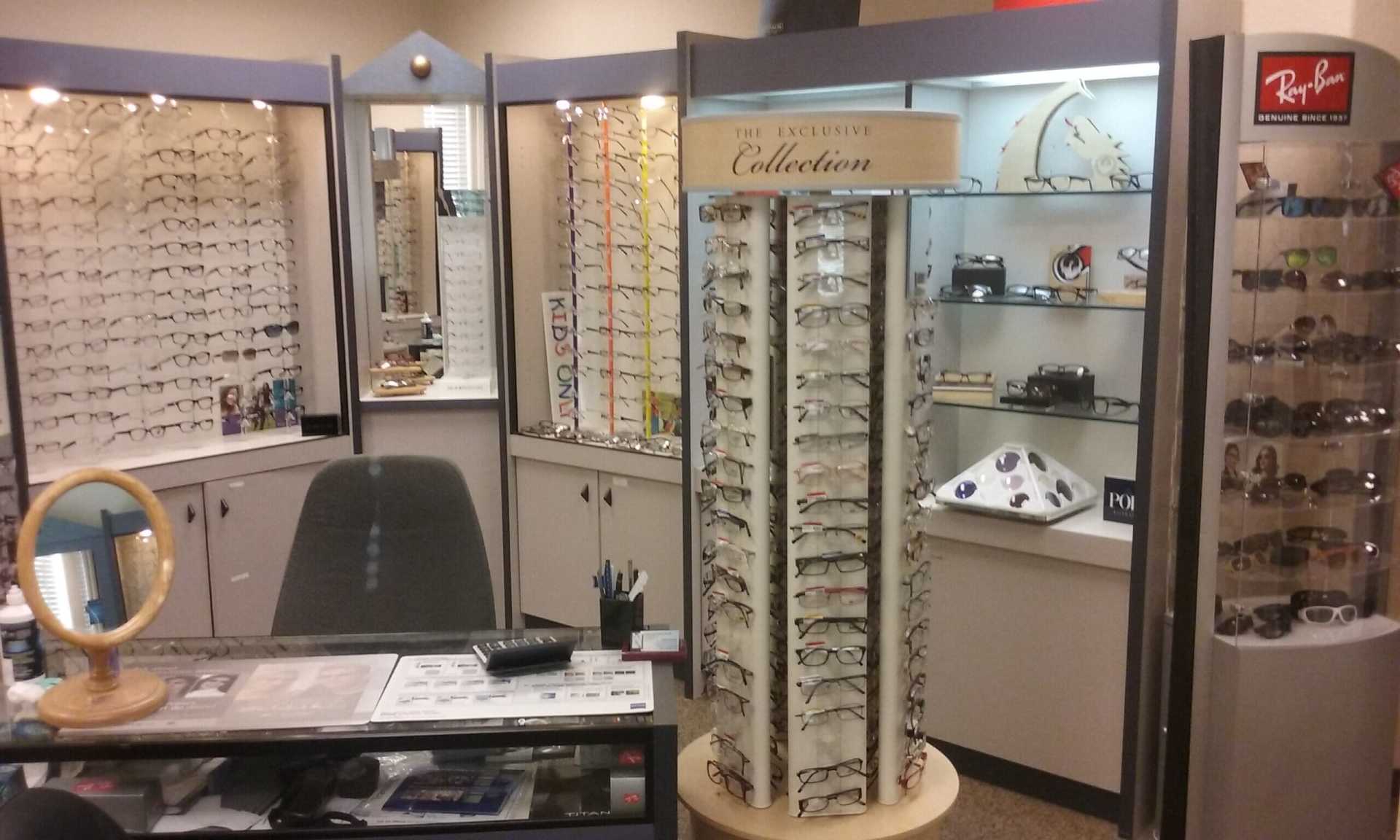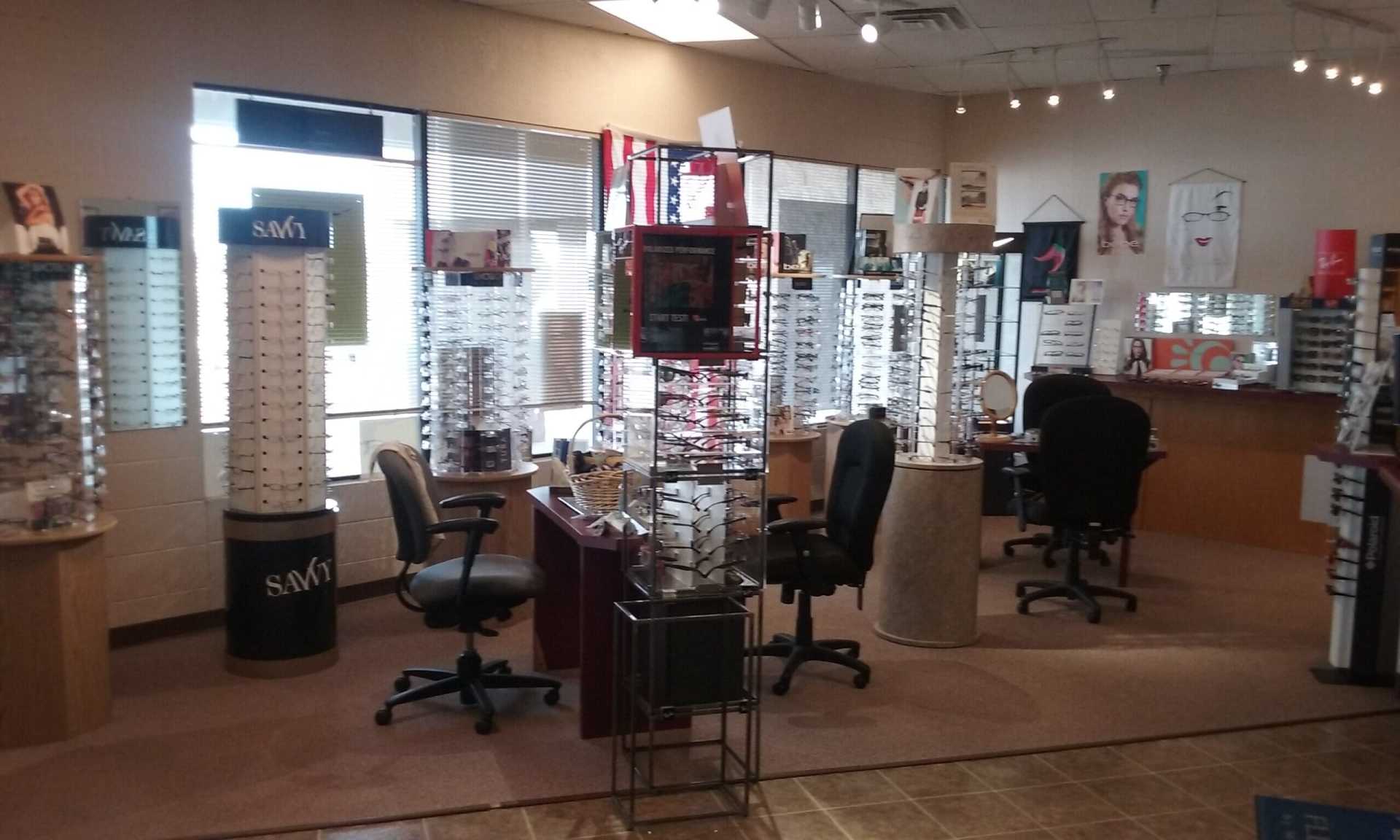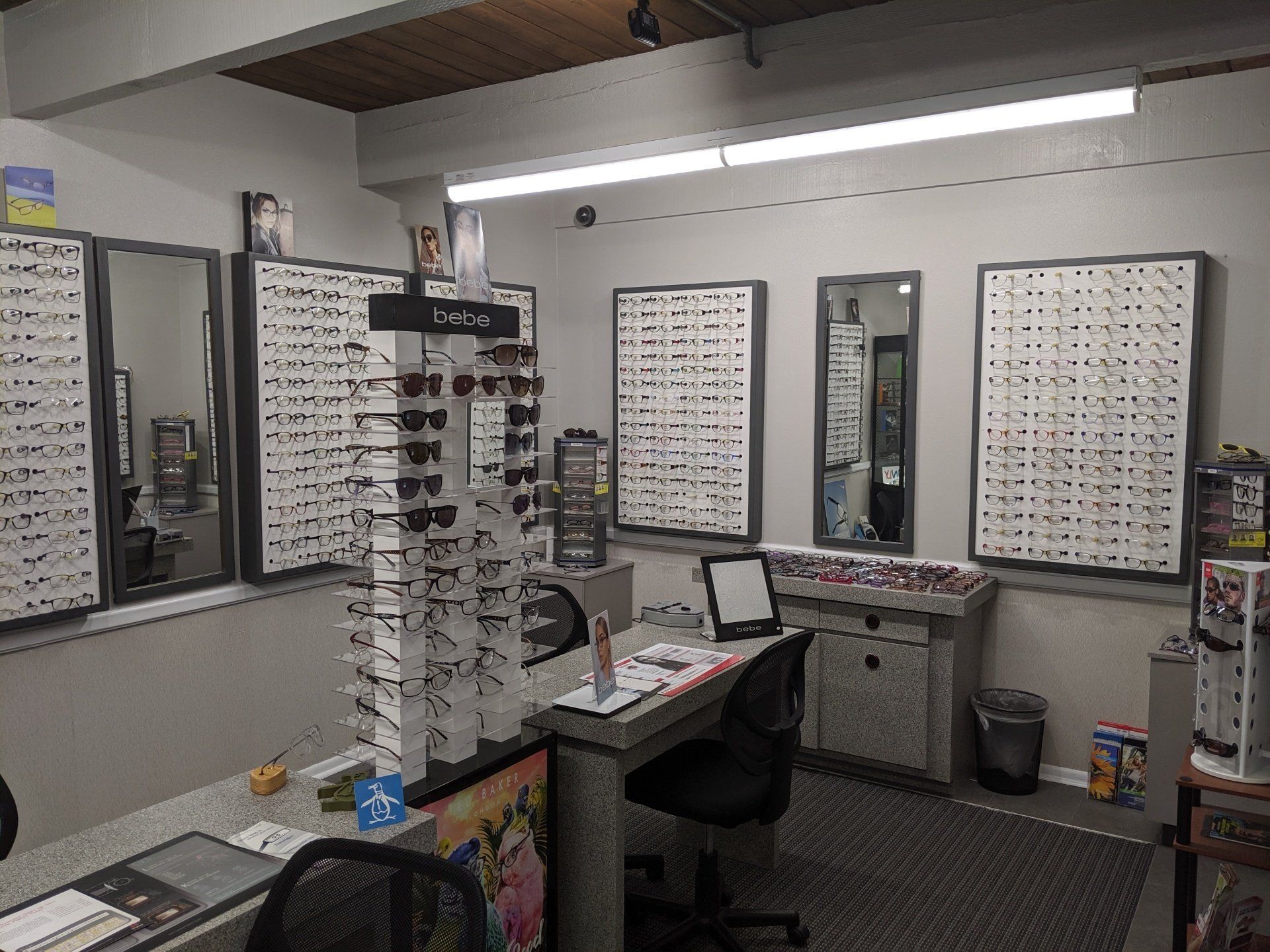Superior Eye Care Services in Colorado Springs, CO
Our Services
- Comprehensive Eye Exams
- Diabetic Eye Exams
- Urgent Eye Care
- Evaluation and Co-Management for LASIK, Cataracts, YAG Surgeries
- Glaucoma Treatment and Diagnostic Testing
- Prescription Glasses & Sunglasses
- Contact Lenses and Specialty Contact Lenses
- Optomap

We accept Cash, Personal Checks, American Express, Master Card, Visa, Discover, and CARE CREDIT.
Insurances Accepted
We accept almost all of the vision insurances. See our insurance page for more details.
Our staff and doctors speak English, and with advanced notice we can get sign language interpreters for deaf or mute patients. If you cannot speak English, please bring a friend or family member who can help interpret for you.
-
Comprehensive Eye Exams
A comprehensive eye exam is called “comprehensive” because the doctor tests many aspects of the patient's vision, testing the patient’s near and distance vision but also examining the patient's color and depth perception, eye movement, cornea, optic nerve and retina, eye pressure, and many other aspects of vision and eye health. Additionally, the doctor performs a detailed refraction that can detect small changes in a patient’s vision and can use the results to prescribe glasses to correct vision, reduce eyestrain, and help prevent vision decay.
Sometimes a comprehensive eye exam will include a dilation exam. In this exam, the doctor uses eye drops to widen the pupil so that he can perform a detailed inspection of the retina. Dilation exams are almost always necessary for diabetic patients or patients with a history of retinal problems. For other patients, dilations are usually not necessary every year. Dilation does cause a temporary blurriness in the patient's vision which can last for up to four hours. Some patients are not comfortable driving immediately after dilation because of this blurriness. If a patient needs to be dilated but for some reason does not want to be dilated at the time of their comprehensive exam, we can always schedule a separate dilation appointment at a different time for no additional charge.
-
Urgent Eye Care
Sometimes patients need to see a doctor for an issue other than a yearly check up. Reasons for a medical visit include dryness, redness, or itchiness in the patient's eyes, or concern about vision-related headaches, floaters, vision loss, or an eye injury. If you have concerns about your eye health or that of a family member, give us a call.
Medical eye exams will be billed to the patient’s medical insurance and not their vision insurance. A patient can see a doctor for a medical eye exam even if they have already used their vision insurance for that year.
-
Evaluation and Co-Management for LASIK, Cataract, and YAG Surgeries
We do not perform any eye surgeries at our offices, but we coordinate care with the ophthalmologists who do perform these surgeries. If you are considering LASIK, cataract, or YAG surgery you should make an appointment with us first. For laser eye surgeries or cataract surgeries, you will need to see an optometrist before you can have your surgery done. The ophthalmologist who performs the surgery will want to have information about your eye health and vision so that he can discuss the surgery with you accurately. If you are having a comprehensive exam with us, mention to one of the technicians or the doctor that you are interested in having eye surgery. If you have had an eye exam with us recently but forgot to ask about receiving surgery, we can schedule an appointment for you to talk about it with the doctor.
For LASIK surgeries or other vision correcting surgeries, the doctor can let you know what kind of vision you can expect after the surgery, how long that vision will last, and how it will affect your vision later on in life. There are many factors that influence the effectiveness of different surgeries, including your prescription history, astigmatism, corneal thickness, and age. If you decide to have a surgery, you can have your follow-up appointments at our office. The doctor who performs LASIK or a different laser eye surgery will want information from our office before the doctor performs surgery.
For cataract surgery, you will need a referral from an optometrist’s office like our’s in order to see the ophthalmologist who will be doing your surgery. Our doctors can let you know whether or not the cataract surgery will qualify as medically necessary, which is important since cataract surgery is very expensive without insurance. Our doctor can also refer you to the right surgeon for your insurance and your eyes. Usually, the ophthalmologist who performed the surgery will have you see us afterwards for the follow-up visit and to eventually get new glasses for your cataract-free eyes.
YAG surgery will have a similar process to cataract surgery, except the surgery and recovery is a lot quicker. The ophthalmologist can perform surgery on both eyes on the same day, and the follow-up process is usually done in about a week, as opposed to the one-month follow-up process for cataract surgery.
.
-
Glaucoma Care and Diagnostic Testing
We are happy to provide diagnostic testing and care to glaucoma patients. Our doctors are experienced with treating and monitoring glaucoma, and our offices are well equipped for these types of patients. Our diagnostic equipment for glaucoma patients is available at all three of our offices. We have visual fields machines to track and measure how clearly the patient is seeing in the different parts of the back of their eyes. We also have a glaucoma laser diagnostics machine that rotates between our offices. This machine takes pictures and evaluates the optic nerve and blood vessels in the patient’s eyes.
If a patient has a glaucoma attack, we are able to refer the patient to an ophthalmologist for any emergency procedures.
Often patients who have glaucoma will see us twice a year for diagnostic testing and their comprehensive exam. Our doctors can prescribe the eye drops for treating glaucoma and monitor the side effects of that medication, as well as prescribe glasses to maximize the patient's vision.
-
Prescription Glasses & Sunglasses
Our offices have a wide selection of prescription glasses and sunglass frames. We can put sunglass lenses in any frame, including our budget frames, but we also have designer sunglass frames from Ray Ban, Oakley, Juicy Couture, and Carrera.
We also have a great selection of designer eyeglass frames, including Lulu Guinness, Tura, Ted Baker, Oakley, Club Level Design, Safilo, Nike, Dragon, Penguin, and Flexon. We have frames for these collections in stock and can order in any specific frames that you want to try. If you want to know if we can get the frames you are interested in, give us a call or email us!
We can put your prescription into any of our frames along with any lens options you want. These options include progressive addition lenses (PALs, or no-line bifocals), lined bifocals, lined trifocals, reading glasses, and distance glasses. We can also provide scratch coatings, anti-reflective coatings like Crizal, and Transitions lenses. Call us or email us if you have any questions about the lenses we can make for you!
-
Contact Lenses and Contact Lens Services
Our doctors are very experienced with many brands and varieties of contacts including conventional (hard) contact lenses, rigid gas permeable contacts (RGP), toric contact lenses for astigmatism, multifocal contacts, as well as monthly and daily contacts. Contact lens fittings and evaluations update the patient’s contact lens prescriptions. These services are not included in a comprehensive exam but can be performed at the patient’s scheduled comprehensive exam. There is an extra fee, sometimes reduced or covered by insurance, for contact lens fittings and evaluations separate from the exam. Feel free to ask before or during the patient's appointment about the pricing of your contacts or contact lens services. When the patient pays for contact lens services they will receive trial contacts and can schedule follow-up visits at no additional charge until both the patient and the doctor are satisfied with the contact lens fit.
We have many different varieties of contact lens trials in stock that the patient can try out during their contact lens fit. We can order boxes of contacts for any patient's prescription and usually get them in at our office in less than a business week. We also stock boxes of Acuvue Oasys and Acuvue Vita and can often dispense those boxes at the patient’s appointment.
-
OPTOMAP
We are now offering the Optomap service at our Central and South locations. Even if you are a patient at either one of our other locations. This is a great tool that helps the doctor see as if you were dilated! How amazing is that. Call today to schedule an appointment and ask about our new technology.
